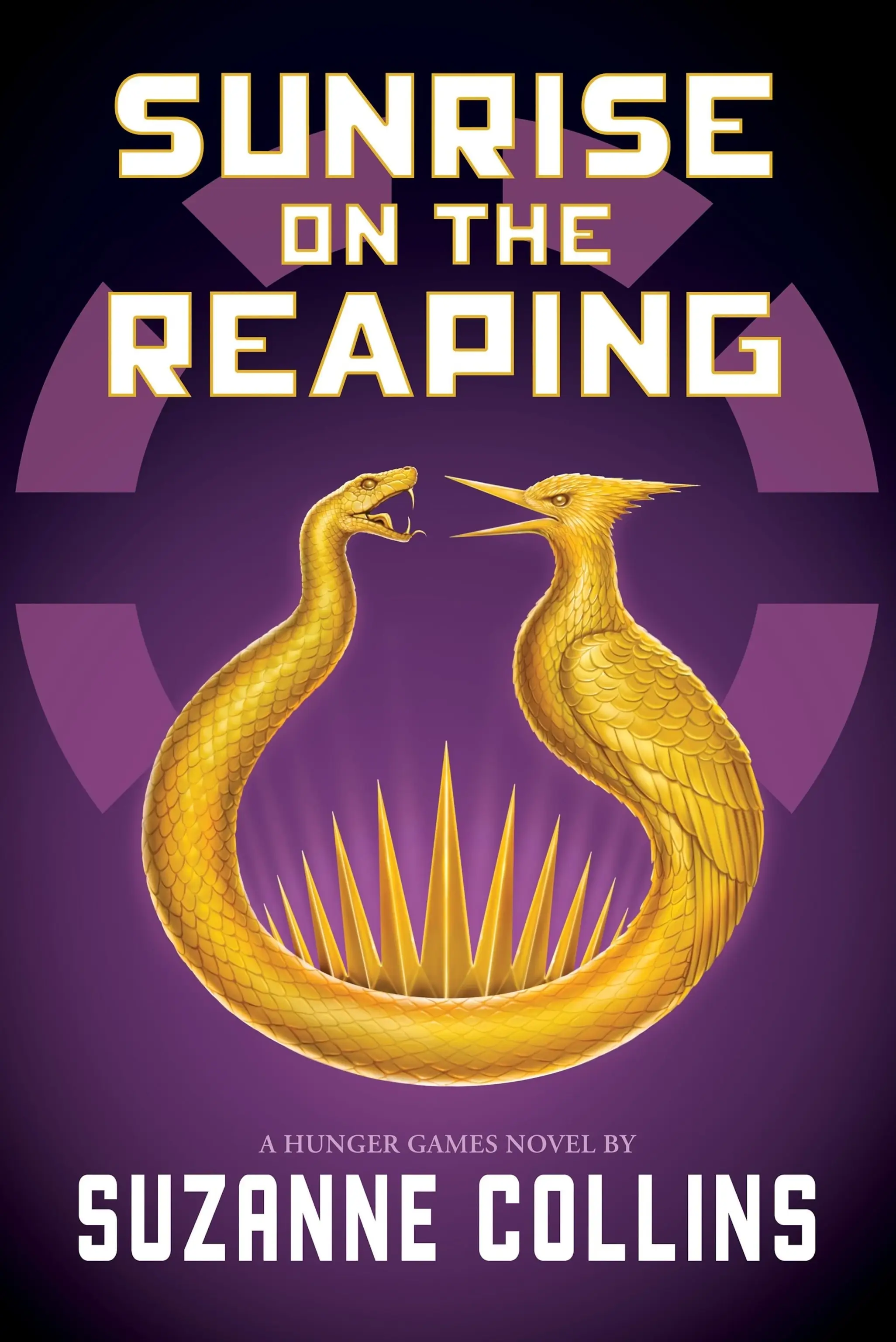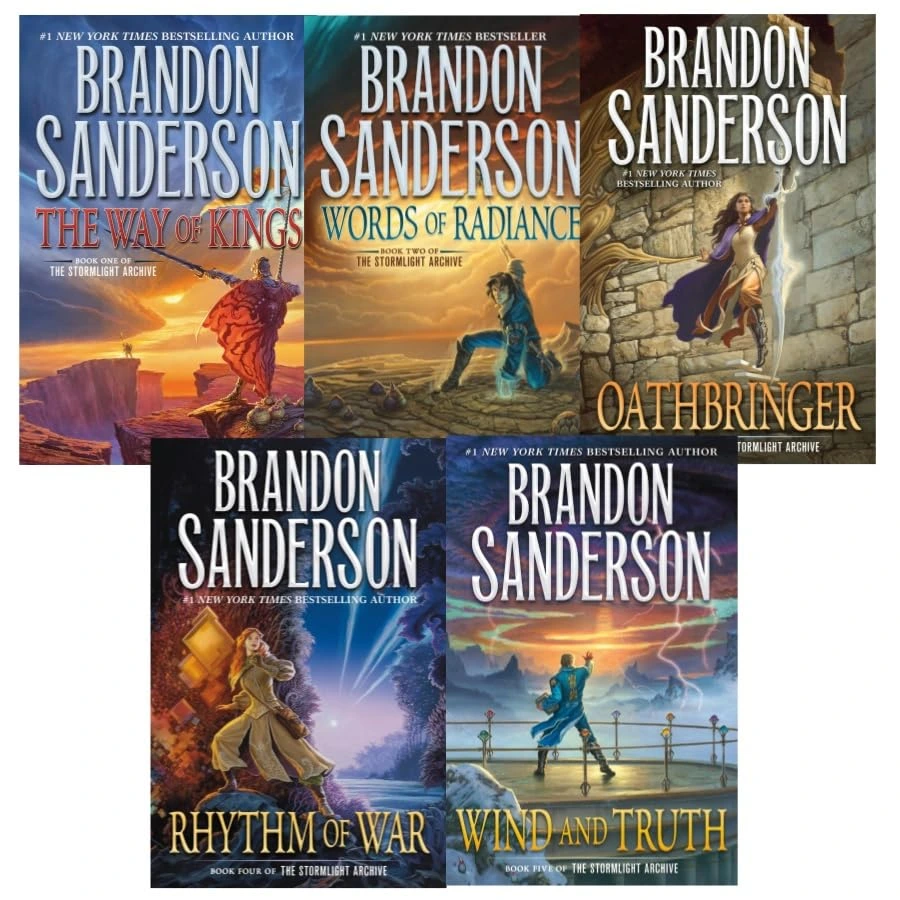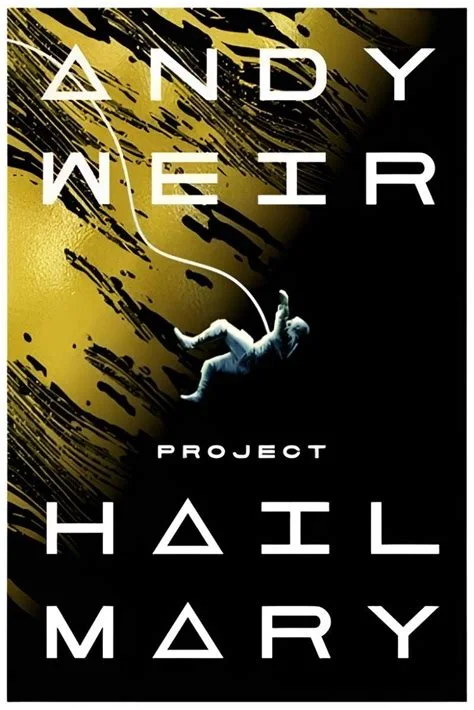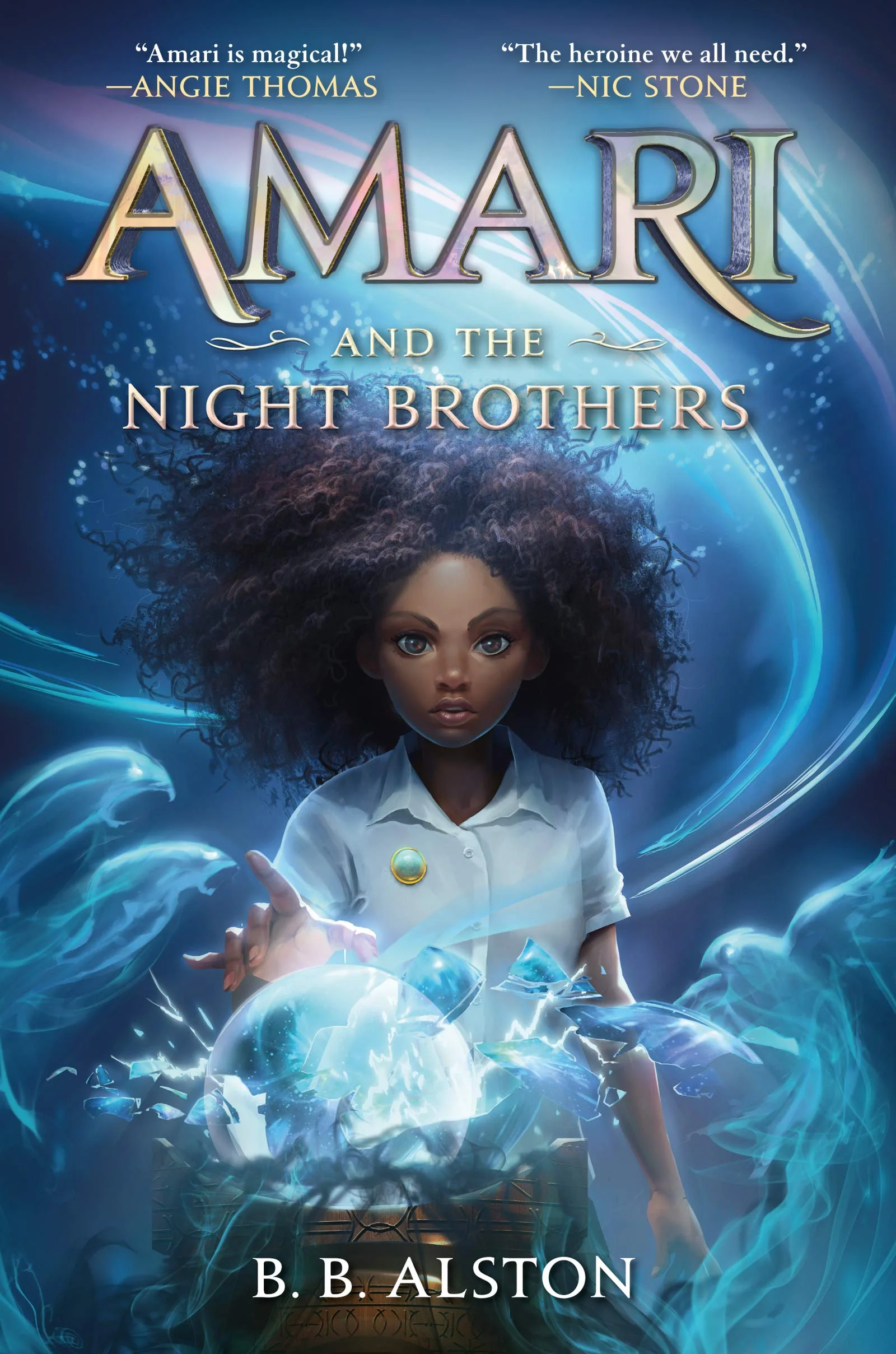Because of the announcement of a movie adaptation I discovered that a new book had been released in the Hunger Games universe. One that showed the origin of an important character in the original trilogy, Haymitch Abernathy, and the Hunger Games in which he participated.
I happened to finish my current book that same night, and I thought the previous works by this author had been very good, so I decided to go for it and quickly read this one too. Like a little side-dish before jumping into a bigger book that’s on my actual reading list. This is, therefore, not really a review, but more a brief moment to collect my thoughts and share them with you.
All in all, it took me a week, and most of that time was lost in the first third of the book. The start was a bit meh and uninteresting. Too slow and meandering, while somehow also failing to make me care about any of these people before they’re whisked away to the Capitol. Too similar to how the original trilogy started, too.
The final two thirds, however, had more interesting developments and ideas, which made me read more every night. But then the quality dropped again near the ending, where I could see what the author was going for, but it wasn’t really pulled off successfully.
Altogether, this turns my feelings about this book into a big old “meh”. It’s not badly written perse, although I felt the use of language and the flow of the prose had slightly deteriorated compared to her previous books. (I have no concrete examples or reasons for this feeling to share, thought.) The story is fine, with enough twists and turns and interesting characters to keep my attention and make reading it worthwhile. Like the previous book (Ballad of Songbirds and Snakes), we’re inside the main character’s head (Haymitch) a lot, and I guess most of that inner monologue was fine.
But it was … missing something. Some real creativity, some really unique addition, some really strong sections, or just a main character who felt like he had a personality and a consistent thought process. The entire first half of the book is the lead-up to the actual Hunger Games. And although a lot happens and is set up, many of those things end up not really mattering. So it’s somewhat interesting while reading it, but then by the end of the book you feel cheated and as if the story lacked any depth or purpose. Then, usually, the Hunger Games themselves are full of action and creative ideas by the Gamemakers—but not this time. The Hunger Games fly by quickly, and our main character experiences absolutely none of it for the most part, because they’re alone on the other side of the arena doing their own thing. And because you know where the main character ends up (if you’ve read any of the other stories), this book can’t really offer any threats that would diverge from that.
Finally, a strong element of The Hunger Games is the idea of rebellion and the fight against injustice or tyranny. I thought this was handled very well in the other books. In this one, again, it’s a fine exploration … but missing something. President Snow is equally menacing and clever in his threats. The Capitol is equally cruel as before, demonstrated from chapter 1. The idea and power of propaganda is explained again and again. But it feels too “obvious” or “superficial”, lacking any depth or true exploration of the topic.
The story features—again—a Covey girl with rebellious songs, of which the lyrics are haphazardly introduced to scenes. I’m a musician and a sucker for including music in stories, but this addition added only confusion and nothing else. At some point near the end, reading those lyrics took too much effort, diverting attention away from the scene, and I felt like the author blindly stepped over the careful balance she had tried to maintain throughout the rest of the book.
What was the point?
And so, in the end, what exactly was the point of the story? It didn’t go all-in on action, as the Hunger Games themselves were very short, timid, and uninteresting. It didn’t go all-in on psychology, as the main character has no clear mental process, voice, or even funny thoughts. It didn’t go all-in on general worldbuilding and character, as we barely learn anything knew and almost all characters introduced will obviously die in the Games. It only went all-in on references (or “easter eggs”) to things from the other stories, which these books never did before, so maybe that’s why I felt the prose and the plot decisions were a bit too “cheap” and “superficial”.
I guess I’ll give the book a 6/10. Might be a 7/10 if I’m generous and hadn’t treated it as a small break from my actual reading list; might be a 5/10 if I read back my own thoughts now and see how basically every element of the story was disappointing to me and missing something.
Fans of the Hunger Games will like it, sure. Because it has many returning characters and references, because it’s another Hunger Games explained in more detail, because it shows the origin of an important character. And because, for all my criticism, it’s fine. There is some good character work, some nice plot construction, some nice writing here and there, and, at the very least, the story makes sense and was very easy to follow from start to finish.
Anyone else, though? If you have no knowledge of the other books, then a large part of this book just means absolutely nothing special to you. If you’re looking for a psychological thriller, or action-packed story, or deep and careful character work, or something about oppression and rebellion … there are far better books in each category.
Spoiler Barrier!
I just wanted to mention a few specific criticisms to prevent this article from being incredibly vague. But that requires spoilers! Stop reading now if you don’t want them!
Slow Start
The Hunger Games books have an interesting issue with their beginnings.
On one hand, the “reaping” for The Hunger Games is a perfect first chapter. It’s the dream of every writer to have such a natural thing that immediately causes change and conflict in the lives of the main characters.
On the other hand, we know most people don’t leave the Hunger Games alive, but the main character (probably) will, so … any danger or threats are actually about their loved ones. The family they leave behind. Their friends or lover. But because you’re immediately sent away after the reaping, we never get enough time to get to know any of them!
This book has several long chapters after Haymitch wins and returns home. And the chapters are poignant and well-written, as his entire life falls apart because of his rebellion in the Games. But … we only met his “girl” and his family for a few brief pages at the very start. We don’t really … care about them? We don’t know them. We especially don’t know the other characters in town who are supposedly great friends of his and share a history with him.
To remedy this, I think, the reaping happens over two chapters. They’re both quite long, we spend a while just traveling around and mentioning parts of his life, and there’s a “delay” that allows a few more moments with his family. But this is not interesting. We’ve now started a story with “nothing special is happening, let me describe my current life that is very normal and unassuming, let me think about how much I love my girl again, hihi we’re sitting below a tree and saying pretty normal stuff”. And then the reaping happens, and we never get anything else on these people until the very very end. Names were thrown around in the final chapters of people caring for him, helping him as their friends, and I swear I had never even seen the name before, let alone attach some personality or face to it.
That’s just not a strong start that makes me want to read the rest. While at the same time, it’s also not enough to actually set up his old life and make losing it in the end a gut punch. So you have a book that both starts and ends in a “meh” way, which isn’t ideal.
Tepid Games
One element that has always interested me (and most fans) is that the Hunger Games have creative themes, lay-outs, and rules each year. It’s completely logical that they’d do this for entertainment purposes. It’s also ideal for the stories, as it allows revisiting the games again and again without it growing stale. The other books contain vague references to older games that had some wild setup, and whenever I read that I’d always think “let me see more of those games!”
But then we get an actual new book, and the games are just … really boring?
The “trick” is that food and water are available in abundance, but it’s poisonous. This may sound look a cool idea in theory, but you can’t do anything with it in practice. Several kids simply die because they didn’t magically realize this—from that moment on, everyone knows it’s poisonous so nobody touches it again and the fact is completely forgotten. And there’s no difference anymore with an arena that contains no/scarce food and water, and no difference with all the previous games that were mostly about survival skills and working with scarcity anyway. If you make everything poisonous, add some exception. Add some way that tributes can figure out or fight over to undo it.
There’s a volcano that explodes at some point. Again, sounds cool in theory. But what does it really add in practice? Nobody knew it was there. It just killed those unlucky enough to stand nearby when the complete surprise volcano eruption happened. For a good story, it would have been better to let people actually figure this out/know this, and then drop hints or ways to figure out when it will explode. Build the tension, build the mystery, have tributes take clever actions to position themselves away from the volcano and their enemies nearby, etcetera. That’s how a nice idea turns into actual plot.
Most people are killed by random mutts (mutated and very deadly animals) being let loose into the arena. Which, if I might put myself in the head of a Capitol enjoyer of the Hunger Games for once, just seems disappointing and lazy to me. You came to watch tributes outsmart each other and fight each other, but instead random monsters appear once in a while that pick them off.
Oh, and the sun in the arena is realistic. A nice trick to let Haymitch figure out where North is, but nothing more. You could’ve just let him be smart and build a compass or whatever. But no, Haymitch is mostly fed information by others and along for the ride, which makes for a passive and uninteresting protagonist. The fact that he suddenly becomes much more active over time then feels out of character and forced, instead of an achievement or nice arc.
I don’t know why Gamemakers, after having fifty years of Gamemaking history to draw from, would create such a boring arena that leads to boring actions and viewing.
I think of it like a sport, or even a board/video game. Would a game be any fun if you placed all pieces on the table and just said “all the pieces are poisonous, don’t touch or move them in any way”, and walked away? Would a game be any fun if, at random, even if you were about to win, someone would walk past and destroy all components, letting someone else walk away with easy victory?
You need more rules, “clever complexity”, to turn a “stupid problem” into an actual “game”. Again, I realize we’re talking about brutal killing and survival here, so the tributes obviously do not care about playing a fun game. But I’m talking about what leads to interesting story, and why the Capitol—who is only interested in entertainment—would make such choices.
Anyway, reading the book did remind me of an old idea of mine that included similar “games” too. Maybe I’ll write that someday, as I feel I have things to say about this topic :p
Those were my thoughts on Sunrise on the Reaping.



